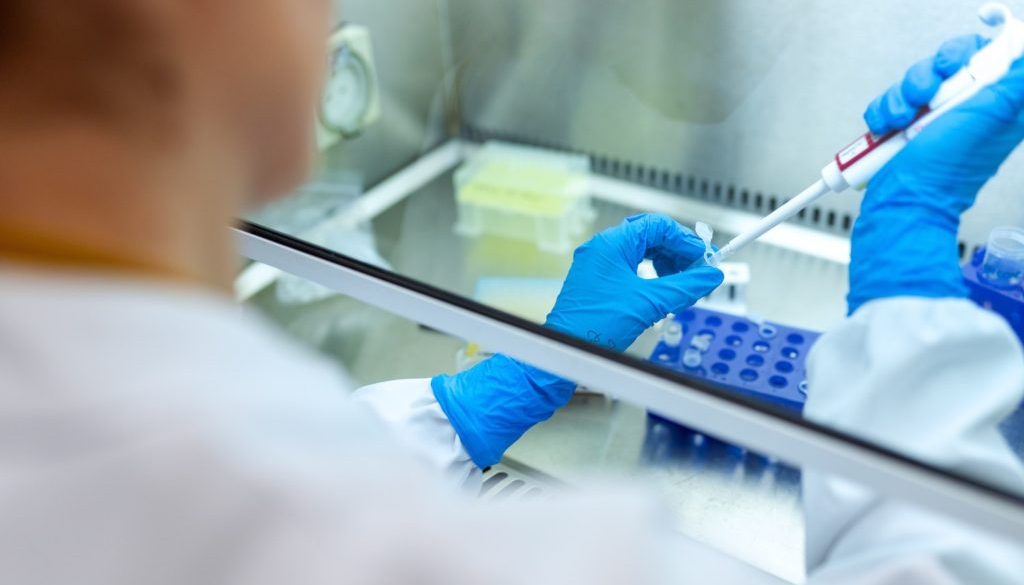New Science in the Detection of Traumatic Brain Injuries
Considered a “silent epidemic,” brain injuries affect approximately 69 million people globally. Concussions are the most common form of these brain injuries, and yet the Centers for Disease Control estimate that approximately 50 percent of these go unreported and untreated.
The Toll of Traumatic Brain Injuries Today
Traumatic brain injuries are one of the major causes of death and disability in the western world, with athletes, children, and older adults being most at risk. Up until recently, doctors didn’t have an objective way to measure someone’s injury. Doctors have had to rely on the Glasgow Coma Scale to diagnose traumatic brain injuries, with further evaluation by CT scans, MRIs, and intracranial pressure monitors.
How TBIs Have Been Diagnosed
The Glasgow Coma Scale is a fifteen point test that measures the individual’s eye movements, limb motion, speech coherence, and the ability to follow direction. But this scale can be somewhat subjective and physical factors such as drug use, alcohol use, and shock could alter an individual’s levels of consciousness, leading to inaccuracies in diagnosis.
A New Tool Available for the Detection of a TBI
Now, a new tool may enable doctors to diagnose a brain injury with a simple blood test. This year, a blood test that can help diagnose a TBI was given a nod by the United States government. A device made by U.S. medical device company Abbott can provide doctors results in under 15 minutes using a blood test. This blood test measures the level of two specific proteins that can leak into the blood after trauma. It will first be used in clinical settings but it is anticipated that it will be more readily available soon.
The test works by drawing a blood sample from the injured individual’s arm. Plasma is extracted from the sample and inserted into the device. This will give the level of proteins in the blood and tell the medical provider whether there is cause to do further imaging with CT or MRI scans.
Unfortunately, even with the use of this tool, there still isn’t a 100% accurate way to diagnose a traumatic brain injury. However, it still would be the fastest and most reliable way available to medical personnel to detect a traumatic brain injury. The sooner a brain injury is diagnosed, the quicker an injured party can get critical care.
If you or a family member has sustained a traumatic brain injury in an accident, call our team of personal injury lawyers in Ontario to understand how we may be able to help you get compensation for your injury. (519) 658-6341



